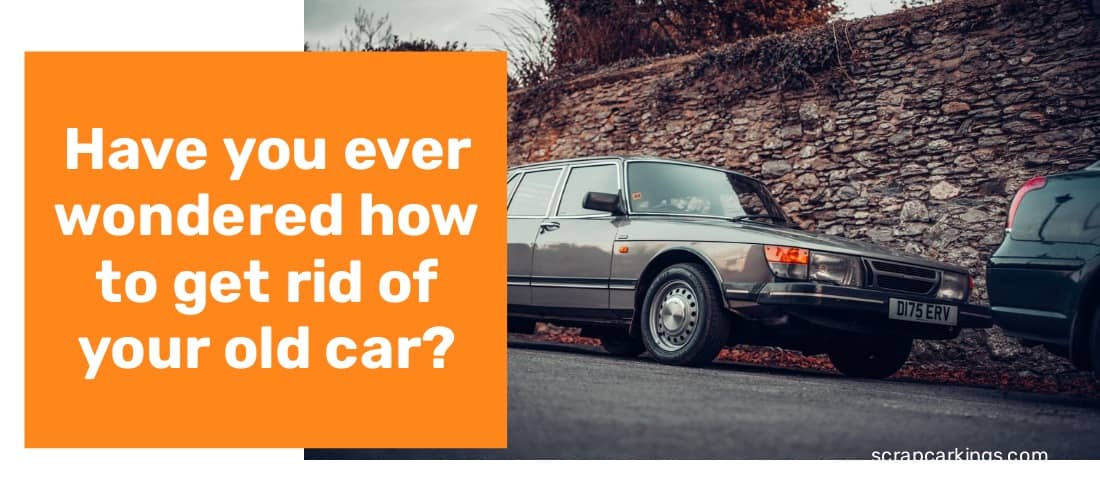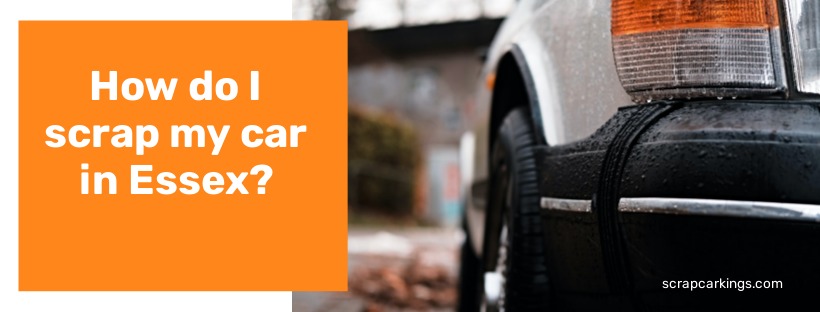Cars that are more than 20 years old for personal use and 15 years old for commercial use will be removed off the road under the scrappage plan. They then undergo testing. If they succeed, they can be reregistered; if not, they must be discarded. Here is what transpires to your auto insurance when you sell your vehicle. Automobile manufacturers will be able to obtain resources including rubber, plastic, steel, copper, and aluminium from the scrapping of obsolete vehicles. The price of constructing an automobile can be reduced if the maker can obtain inexpensive materials. The cost of insurance could decrease if the cost of a new car decreases. This is so because the premium is determined by the insured declared value (IDV), or the estimated market value of the vehicle. The cost of third-party auto insurance is regulated, yet third-party claims are more expensive than personal damage insurance claims. This is so because more third-party claims are frequently made in older, less safe vehicles. Third-party claims ought to decline as a result of the scrappage scheme getting rid of unsafe vehicles. Older, poorly maintained vehicles are to blame for the insurer's higher Incurred Claim Ratio (ICR). The ratio of the entire amount of money spent on claims to the total amount of money spent on premiums during the fiscal year is known as the incurred claim ratio. The ICR is also probably going to decrease as unsafe autos are discarded.

